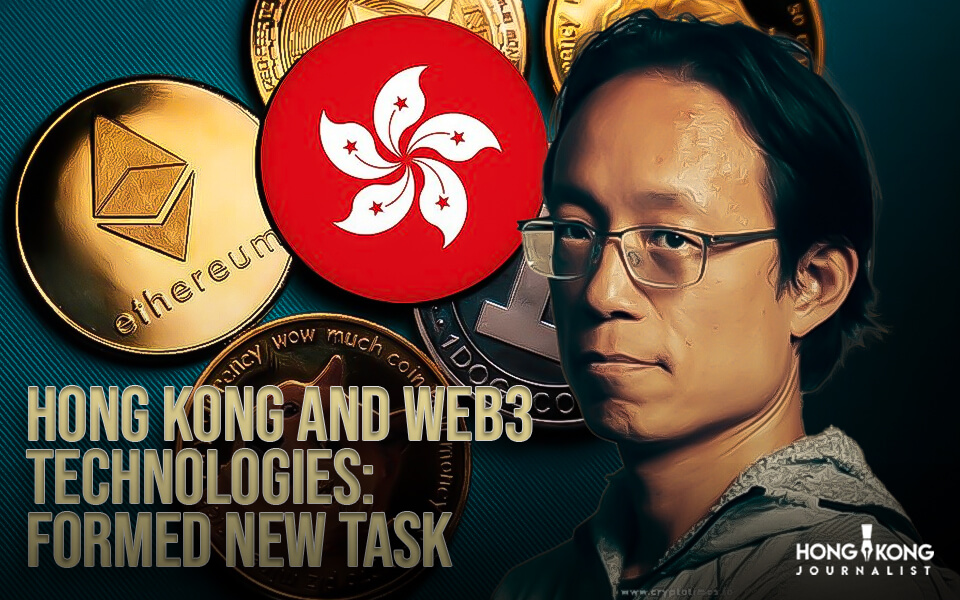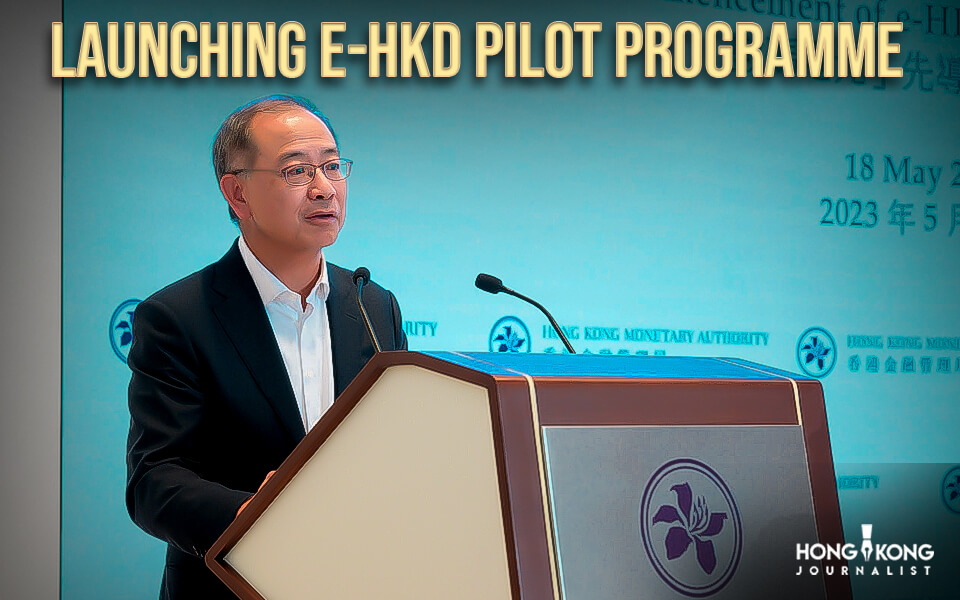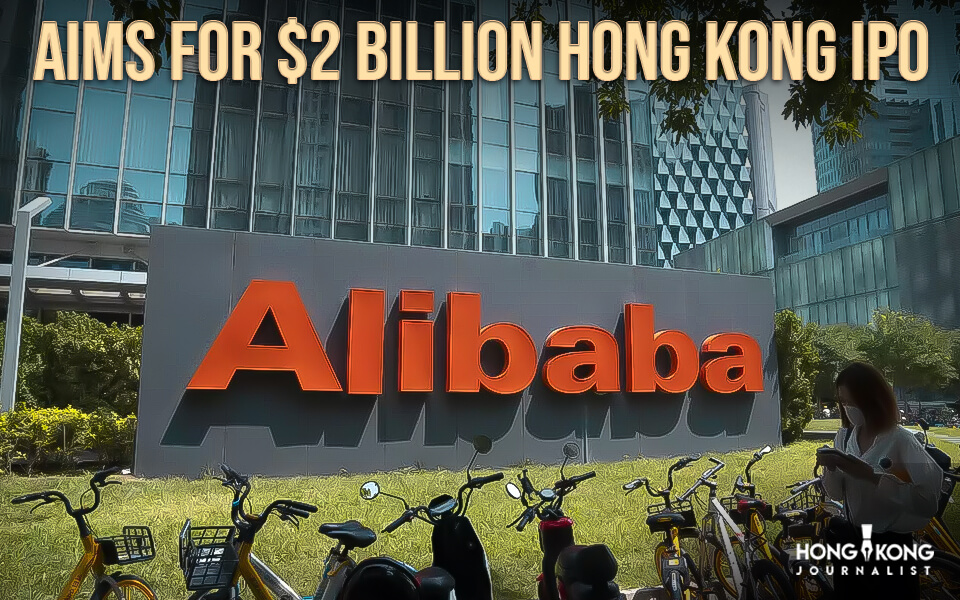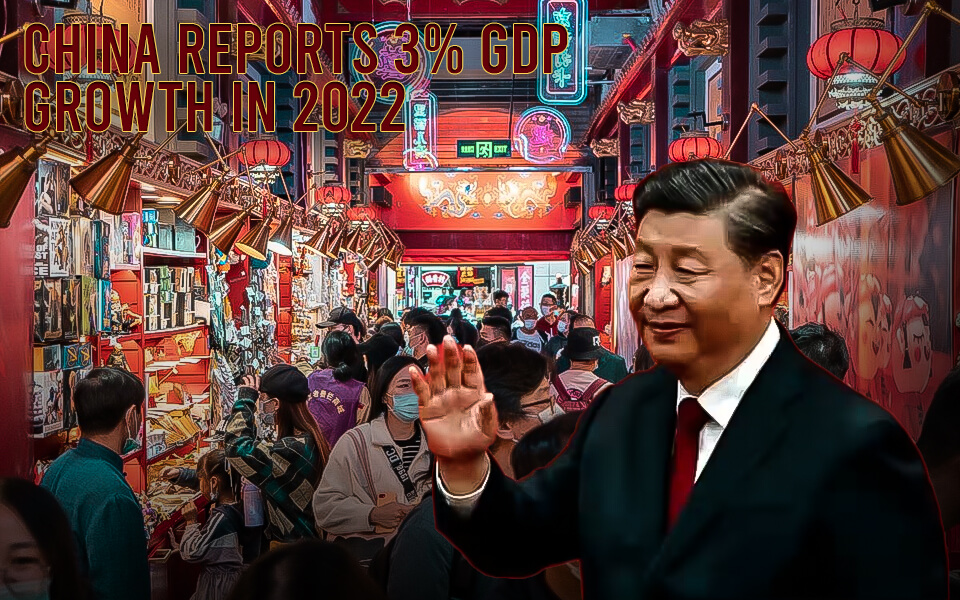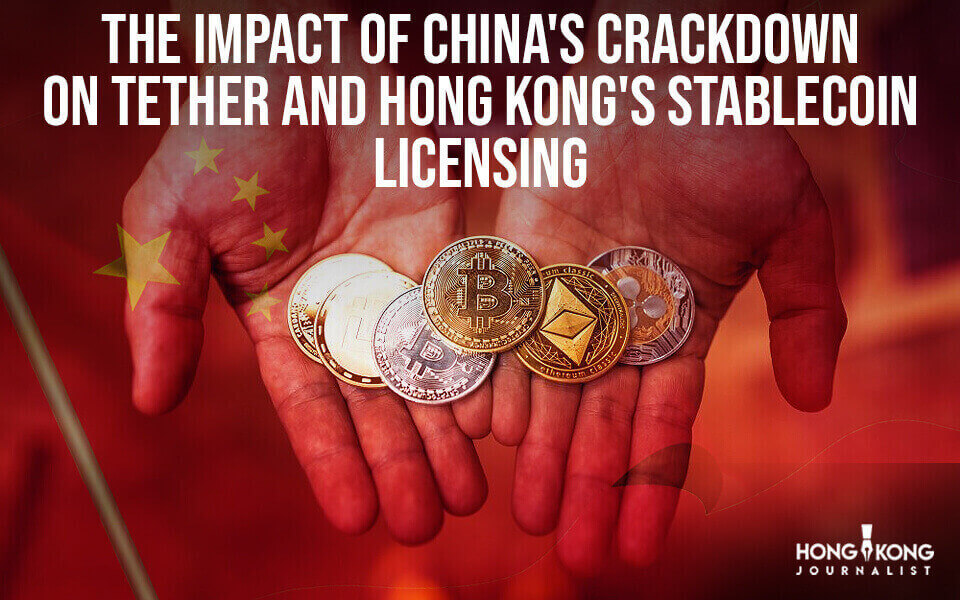
Chinese authorities have been cracking down on the use of cryptocurrencies like Tether USDT for more than two years after implementing an extensive ban on them.
In forex exchange trading, the citizens have been cautioned by China’s Supreme People’s Procuratorate (SPP), the top national body in charge of prosecutions in mainland China, not to use USDT as a middleman when exchanging the Chinese yuan for other fiat currencies. The State Administration of Foreign currency (SAFE) and the agency released a joint statement in which they urged local authorities to take more action against stablecoin use in cross-border foreign currency transactions.
The SPP and the SAFE claimed in the statement that it is unlawful to use USDT as a means of exchange for local and foreign currencies. In order to “punish fraudulent foreign exchange purchases, illegal foreign exchange transactions, and other foreign exchange-related illegal and criminal activities” in compliance with the law, the authorities stressed that their local branches needed to coordinate better.
In the meanwhile, Hong Kong has suggested allowing and controlling “fiat-referenced stablecoins” (FRS), whose issuers must get a certain local licence. The concept of fiat-referenced stablecoins is outlined in a joint consultation paper from the Financial Services and the Treasury Bureau and the Hong Kong Monetary Authority (HKMA). The document also mandates that any businesses that “actively market their issuance of FRS to the public of Hong Kong” obtain a HKMA license.
All circulating stablecoins must be fully backed by reserves “at least equal to the par value,” reserve assets must be kept separate and secure, and transparency and regular reporting are requirements for getting a HKMA license. According to the paper, algorithmic stablecoins will not be granted a license
South Korea discloses the cryptocurrency holdings of its authorities
Nearly 6,000 South Korean officials will have to reveal their cryptocurrency holdings to the public beginning in 2024. The Public Official Ethics System will contain details on government officials’ personal cryptocurrency holdings, according to the nation’s Ministry of Personnel Management. According to a recent investigation, 11 politicians transacted about $100 million in cryptocurrencies within the previous three years, making 18 out of 298 Korean parliamentarians owners of digital assets. Five of the biggest cryptocurrency exchanges in South Korea, Upbit, Bithumb, Coinone, Korbit, and Gopax, will each introduce a separate “information provision system” in June 2024 to make it easier to register information regarding cryptocurrency holdings..
A lawsuit is filed by The New York Times against OpenAI.
The artificial intelligence (AI) sector has been rocked by another copyright infringement case. OpenAI, the company that created ChatGPT, is being sued by The New York Times, a traditional media medium. The New York Times claims that OpenAI has illegally trained its AI chatbots using its content, making it more difficult for the NYT to carry out its duties. The lawsuit defends the NYT’s original journalism by using both the Copyright Act and the United States Constitution. Additionally, it makes reference to Microsoft’s Bing AI, claiming that it generates exact quotes from its material. It’s not just the New York Times that has expressed worries about AI chatbots in the media. Similar accusations that AI chatbots unlawfully steal copyrighted news while their creators steal money, user data, and news were made in October by various news channels.
New criteria for AI in journalism are adopted by the Council of Europe
New recommendations for the “responsible implementation” of artificial intelligence (AI) in journalism practices have been agreed by the Intergovernmental Steering Committee on Media and the Information Society of the Council of Europe. The rules address AI systems at several phases of the journalistic production process, including the choice to employ AI in the first place and the acquisition and integration of AI tools by media organisations within the newsroom. A major focus of the recommendations is the impact of technology on audiences and society. They also suggest that member states, technology providers, and platforms should assume certain duties.
- Published By Team Hongkong Journalist






